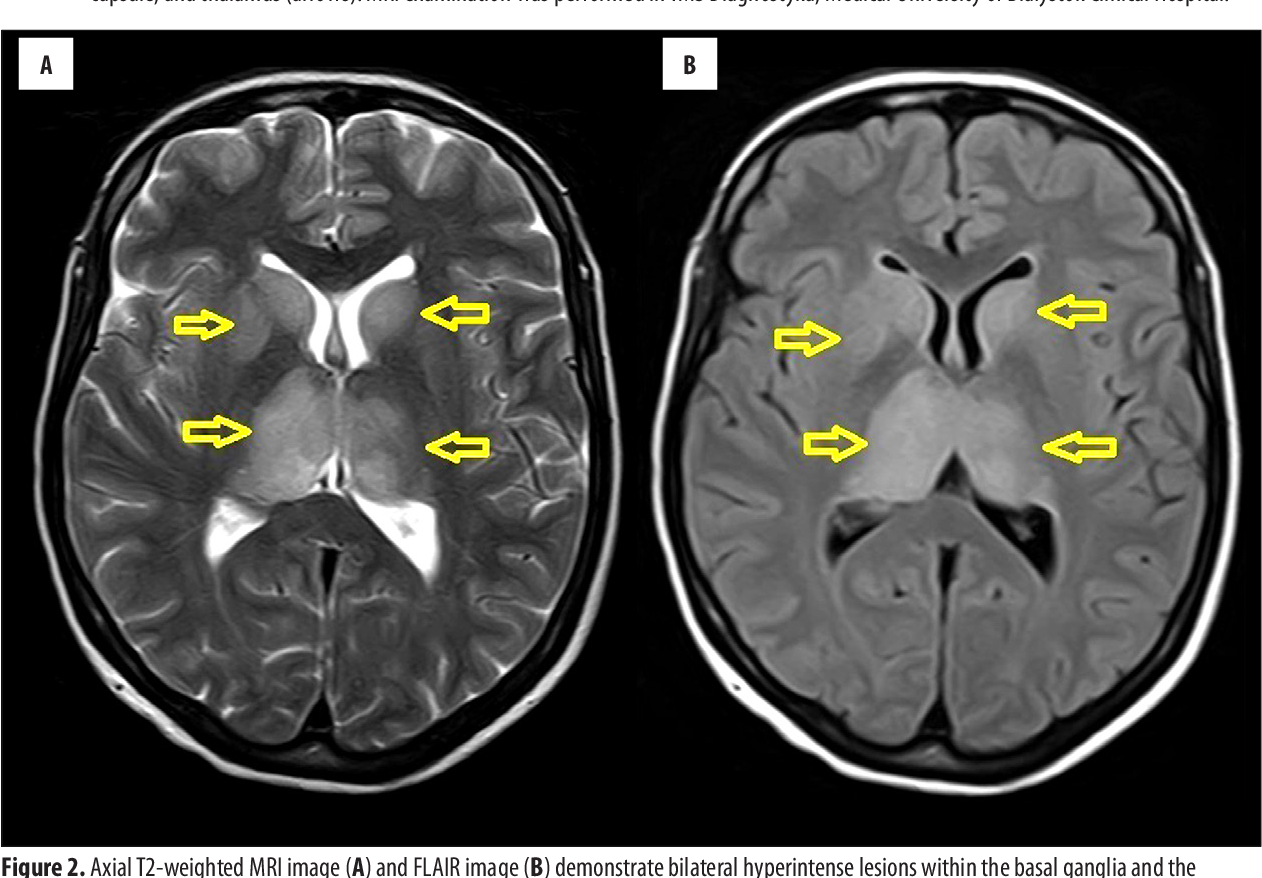Tick-borne Encephalitis (TBE)

What is Tick-borne Encephalitis?
Tick-borne encephalitis (TBE) is a viral infection transmitted through the bite of infected ticks. It primarily affects the central nervous system, causing inflammation in the brain (encephalitis) or membranes surrounding the brain and spinal cord (meningitis). Tick-borne encephalitis is prevalent in certain regions of Europe and Asia, particularly in rural and forested areas where ticks are abundant. The severity of TBE can vary, ranging from mild flu-like symptoms to more severe neurological complications.
Who's at risk for Tick-borne Encephalitis?
Individuals who live in or travel to areas where TBE is endemic are at risk of acquiring the infection. Outdoor enthusiasts, hikers, campers, and individuals who work in forestry or agriculture may have a higher risk due to increased exposure to ticks. The risk of TBE is seasonal and peaks during the spring and summer months when ticks are most active. Children and older adults may be more susceptible to severe forms of TBE.
What causes Tick-borne Encephalitis?
Tick-borne encephalitis is caused by the tick-borne encephalitis virus (TBEV), which belongs to the Flavivirus family. The virus is primarily transmitted through the bite of infected ticks, particularly the Ixodes tick species. TBEV can infect various animals, including small mammals and birds, which serve as reservoir hosts. Humans can become infected when bitten by an infected tick. Consumption of unpasteurized dairy products from infected animals, such as goats or sheep, can also be a source of infection in rare cases.
How does Tick-borne Encephalitis start?
Tick-borne encephalitis begins when an individual is bitten by an infected tick. The virus enters the bloodstream through the tick's saliva and spreads throughout the body. The virus can then invade the central nervous system, leading to inflammation and damage to the brain or the membranes surrounding the brain and spinal cord. The incubation period, which is the time from infection to the onset of symptoms, can range from a few days to several weeks.
What are the symptoms of Tick-borne Encephalitis?
Tick-borne encephalitis can cause a wide range of symptoms, varying from mild to severe. In some cases, the infection may be asymptomatic or cause mild flu-like symptoms, such as fever, headache, fatigue, muscle aches, and joint pain. However, in more severe cases, symptoms can progress to include high fever, severe headache, neck stiffness, nausea, vomiting, confusion, and neurological symptoms such as tremors, muscle weakness, paralysis, or seizures. Severe cases can lead to long-term neurological complications.
How is Tick-borne Encephalitis diagnosed?
The diagnosis of tick-borne encephalitis is based on clinical symptoms, travel history to endemic areas, and laboratory tests. Blood tests, including enzyme-linked immunosorbent assay (ELISA) or polymerase chain reaction (PCR) tests, can detect specific antibodies or genetic material of the TBE virus. Cerebrospinal fluid analysis, obtained through a lumbar puncture, may be conducted to evaluate the presence of the virus or inflammation in the central nervous system.
How can Tick-borne Encephalitis be treated?
There is no specific antiviral treatment for tick-borne encephalitis. Treatment is mainly supportive and focuses on relieving symptoms and managing complications. Bed rest, adequate hydration, pain relief, and treatment of specific symptoms, such as fever or headache, may be recommended. In severe cases, hospitalization may be necessary for close monitoring and supportive care. Vaccination is available in some regions and is recommended for individuals residing in or traveling to areas with a high risk of TBE.
What complications may occur with Tick-borne Encephalitis?
Tick-borne encephalitis can lead to various complications, particularly in severe cases. Neurological complications can include long-term cognitive impairments, movement disorders, paralysis, and persistent fatigue. Some individuals may experience recurrent or chronic symptoms that can significantly impact their quality of life. In rare cases, TBE can be life-threatening, especially in older adults or individuals with weakened immune systems.
How can I prevent Tick-borne Encephalitis?
Prevention of tick-borne encephalitis primarily involves avoiding tick bites and vaccination. When visiting or residing in areas where TBE is prevalent, it is important to take measures to prevent tick bites, such as wearing long-sleeved shirts, long pants, and closed-toe shoes. Applying insect repellents containing DEET to exposed skin and using permethrin-treated clothing can also be effective. After outdoor activities, thorough tick checks should be performed, and any attached ticks should be promptly and correctly removed. Vaccination is available in some countries and is recommended for individuals living in or traveling to TBE-endemic areas, particularly those with increased exposure risks.
Long-term management of Tick-borne Encephalitis
For individuals who have recovered from tick-borne encephalitis, long-term management focuses on addressing any residual symptoms or complications. Rehabilitation therapy, such as physical therapy, occupational therapy, or speech therapy, may be beneficial to regain strength, coordination, and cognitive function. Close follow-up with healthcare providers can help monitor any persistent or recurring symptoms and provide appropriate support and treatment as needed.
What is recent research saying about Tick-borne Encephalitis?
Recent research on tick-borne encephalitis has focused on improving diagnostic methods, understanding the genetic characteristics of the virus, and evaluating the effectiveness of vaccines. Studies are ongoing to develop new diagnostic tools that can detect the virus more accurately and rapidly. Additionally, research efforts are exploring the development of new vaccine formulations and investigating potential therapeutic interventions for severe cases of TBE. Improved understanding of the virus's biology and transmission dynamics is also helping inform prevention and control strategies.
Where can I go for more information on Tick-borne Encephalitis?
For more information on tick-borne encephalitis, reliable sources such as the World Health Organization (WHO), Centers for Disease Control and Prevention (CDC), or national public health agencies can provide valuable information and guidelines. These organizations offer resources on TBE, including prevention strategies, vaccine recommendations, and travel advisories. Local healthcare providers, infectious disease specialists, or travel medicine clinics can also serve as important sources of information and guidance specific to an individual's location and travel plans.

